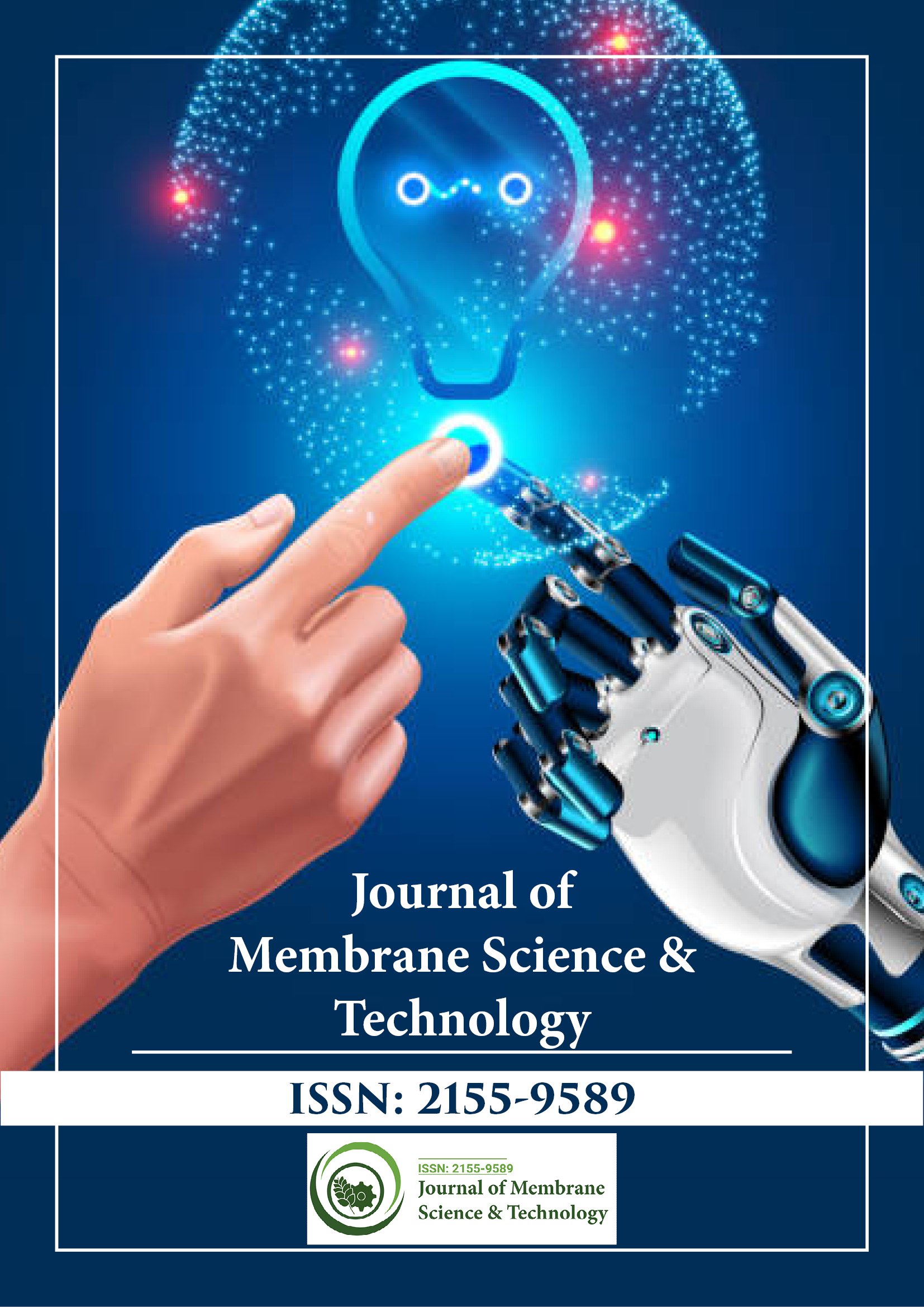Indexé dans
- Ouvrir la porte J
- Genamics JournalSeek
- Répertoire des périodiques d'Ulrich
- RechercheRef
- Répertoire d'indexation des revues de recherche (DRJI)
- Université Hamdard
- EBSCO AZ
- OCLC - WorldCat
- Invocation de Proquête
- érudit
- Publions
- Fondation genevoise pour la formation et la recherche médicales
- Pub européen
- Google Scholar
Liens utiles
Partager cette page
Dépliant de journal

Revues en libre accès
- Agriculture et aquaculture
- Alimentation et nutrition
- Biochimie
- Bioinformatique et biologie des systèmes
- Business & Management
- Chimie
- Génétique et biologie moléculaire
- Immunologie & Microbiologie
- Ingénierie
- La science des matériaux
- Neurosciences & Psychologie
- Science générale
- Sciences cliniques
- Sciences environnementales
- Sciences médicales
- Sciences pharmaceutiques
- Sciences vétérinaires
- Soins infirmiers et soins de santé
Abstrait
Microfiltration, nanofiltration et osmose inverse pour l'élimination des toxines (endotoxines LPS) des eaux usées
Guizani Mokhtar et Funamizu Naoyuki
L'endotoxine lipopolysaccharide (LPS), un sous-produit bactérien abondamment présent dans les eaux usées, représente de plus en plus une préoccupation majeure dans le secteur du traitement des eaux usées en raison du risque potentiel pour la santé qu'elle représente. Il est donc plus urgent que jamais de protéger les consommateurs contre la contamination de leurs réserves d'eau potable par l'endotoxine LPS en reconstituant les aquifères à l'aide d'eaux usées récupérées ou en fournissant des eaux usées récupérées comme eau potable. Le traitement membranaire est une alternative au procédé à boues activées et est le plus couramment utilisé pour traiter les eaux usées. De plus, la nanofiltration et l'osmose inverse sont les technologies les plus avancées utilisées pour traiter les eaux usées à un niveau potable. L'efficacité d'élimination de l'endotoxine LPS à l'aide de bioréacteurs à membrane (MBR) et de nanofiltration (NF) et d'osmose inverse (RO) fait l'objet de cet article. Il a révélé que ces technologies avancées pouvaient éliminer une quantité importante d'endotoxines. Cependant, les niveaux de concentration dans l'eau produite sont encore bien plus élevés que ceux trouvés dans l'eau du robinet et il n'est pas conseillé de fournir cette eau directement aux consommateurs. Des recherches supplémentaires sont nécessaires pour déterminer les meilleures pratiques de gestion pour un approvisionnement sûr en eau potable à partir des eaux usées récupérées.